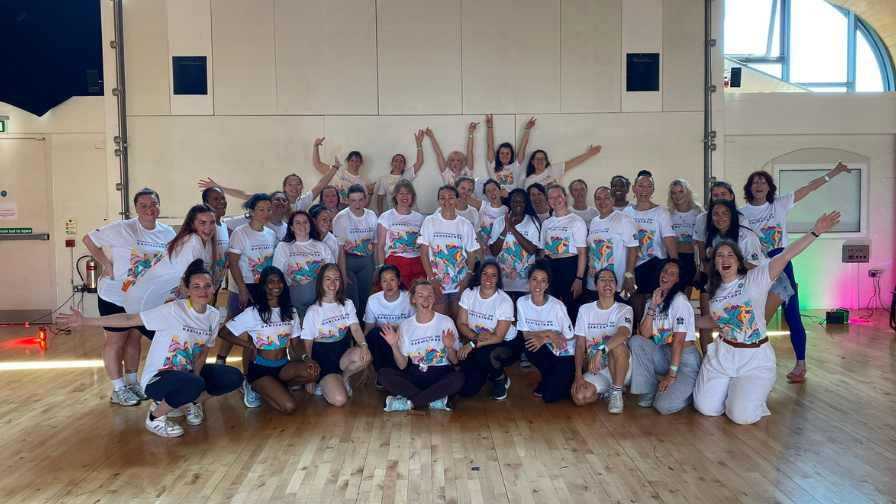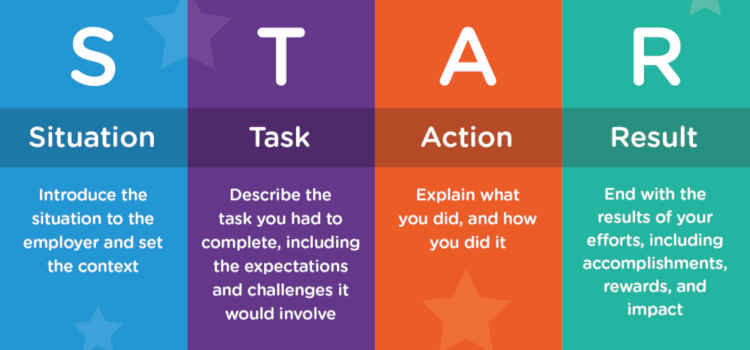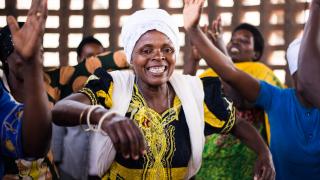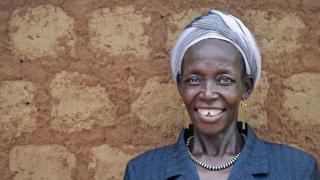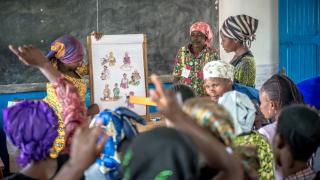Ace Your Women for Women International Interview
Ace Your Women for Women International Interview
Whether you're a seasoned professional or just starting out, we're here to support you every step of the way
At Women for Women International, we understand that being asked to join an interview can be both exciting and daunting and want to support you to feel confident and prepared.
To help you put your best foot forward, we've compiled a list of top interview tips to support you in showcasing your strengths and telling your story in the most compelling way.
Setting yourself up for success
Showing up with confidence, highlighting your strengths and sharing your story
Do your research
Before stepping into any interview, it's important to thoroughly understand the organisation and its mission. If you're applying for a role at a charity like Women for Women International, delve into our campaigns, events and success stories. Read our blogs, follow us on social media and share what about our cause resonates with you. We often talk about how passion is the secret ingredient to creating powerful and authentic communications and partnerships – so don’t be afraid to let yours shine through!
Look at common interview questions related to the job description and reflect on examples from your experience that align with the competencies. For example, if applying for a fundraising role, be ready to discuss your experiences with fundraising projects and donor care – or if you’re new to the charity sector, what transferrable skills you can apply to this role.
Be specific
One of the best ways to provide clear and impactful answers during your interview is by using the STAR method (Situation, Task, Action, Result). This simple tool helps you structure your responses by focussing on specific examples.
Describe the situation, outline the task you needed to accomplish, detail the actions you took and explain the results you achieved. This approach ensures your answers are concise and specific, allowing the interviewers to grasp your contributions clearly. This method also helps to guide your answer even if you momentarily lose your train of thought – which happens to all of us from time to time!
Highlight your role
While teamwork is essential to succeed, it’s important to highlight your personal contributions within a project or key initiatives you have worked on. Be honest about the roles you have worked in and emphasise how your unique skills and actions led to your team’s success. This not only showcases your capabilities but also helps the interviewers understand how you can bring similar value to their organisation.
Here is one example of how you can bridge the gap between the personal and collective, “In our recent fundraising campaign for the charity, I spearheaded the digital marketing strategy. My expertise in social media advertising and email marketing resulted in a 30% increase in donor engagement and a 20% rise in donations. While it was a team effort, my specific contributions in creating compelling content and targeting the right audience were pivotal in achieving our fundraising goals.”
Take your time
Interviews can be nerve-wracking but try to remember to pace yourself. It's perfectly okay to take a moment before responding to a question – this gives you time to gather your thoughts and provide a well-considered answer. If needed, take a sip of water to give yourself a brief pause.
Don’t hesitate to ask the interviewers for clarification if a question is unclear — it’s better to double-check that you fully understand the question than to give an incomplete answer.
Be curious and come prepared with questions
An interview is a two-way street. It's not just about the organisation assessing you, but also about you determining if the organisation aligns with your values and career aspirations. Prepare thoughtful questions that show your interest in the team, the culture, opportunities for professional development, the specifics of the role and what success looks like. Asking insightful questions demonstrates your engagement and eagerness to learn more – here are some great questions to draw inspiration from.
Ask for feedback
If you don’t succeed in securing the role, try to view it as a learning opportunity rather than a setback. In today’s competitive job market, being invited to an interview is already a success so be proud of how far you’ve come. Request feedback from the interviewers to understand what you did well and where you can improve; keep a personal file to reflect on ahead of your next interview.
If the organisation remains one you're passionate about, ask about how you can stay informed about future openings and follow their LinkedIn account as job openings will likely be shared here.
Disability
If you have a disability, let the organisation know this and, if you're comfortable to do so, what your disability is. At Women for Women International, we will ensure we make reasonable adjustments to enable you to feel comfortable throughout the application process; for example, sending you the questions in advance or giving you more time if you need to complete a task during the interview.
Take a deep breath - you've got this
We're rooting for you and wish you every success
Preparing for an interview is about more than just showcasing your qualifications and experience — it's about connecting with the organisation's mission, demonstrating how you can contribute to their goals and – most importantly – it’s about telling your story and highlighting how it aligns with the role.
Remember that there is no one better placed to tell your story than you and that every interview is a step forward in your professional journey.
At Women for Women International, we believe in your potential to make a difference and wish you the best in your career endeavours – we hope to hear from you!
Learn more
Our impact
subtitle:
We bring women together in a safe space to learn life, business, and vocational skills. Read more about our impact and the women we serve.
Our Story
subtitle:
Since our origins during the Bosnian War in 1993, Women for Women International has reached 579,287 marginalised women in 17 conflict-affected countries.
Where we work
subtitle:
Learn more about the conflict-affected countries where we work around the world. Since our origins in Bosnia and Herzegovina, we have expanded and adapted our programmes to support 579,287 women living in some of the world’s most challenging environments.

